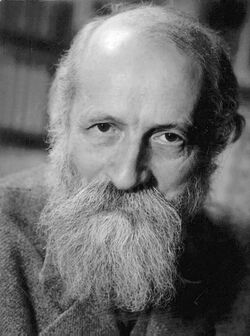Bairdism
This article is non-canonical either because it refers to out-of-character content, the associated nations have left the region, or the information has been retconned. Accordingly, its content should not be considered to be part of the canonical structure of the region's lore.
|
| Part of a series on |
| Bairdism |
|---|
 |
|

Bairdism is a communist ideology developed by Carnish Marxist political theorist, philosopher and revolutionary William Baird that proposes the establishment of a communist society through the creation of democratic people's councils organised under a decentralised, non-partisan, classless union. Built around the theories of council communism and libertarian Marxism, Bairdism is staunchly anti-authoritarian, anti-state and democratic and is firmly opposed to Devinism and the concept of the revolutionary vanguard party. Bairdism instead proposes that a network of worker councils would be the main vehicle for revolution against the capitalist state. Bairdism is also critical of reformist positions such as those held by social democrats, believing that communists should not participate in bourgeois parliaments. Despite the ideology's anti-state position, Bairdism proposes that a highly decentralised state organised as a union of federal councils is an unfortunate necessity until the means to establish a post-scarcity society are obtained. However, due to the ideology's anti-state position, Bairdist nations do not class themselves as socialist states as Devinist nations do. Instead, Bairdism proposes that Bairdist nations are already communist societies and that removal of the state is simply the last necessity to achieve a perfect communist society. Bairdism also claims that it is the communist ideology truest to the teachings of Carlos Marx, and that Marx himself was a libertarian Marxist.